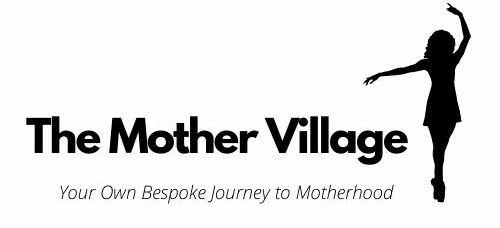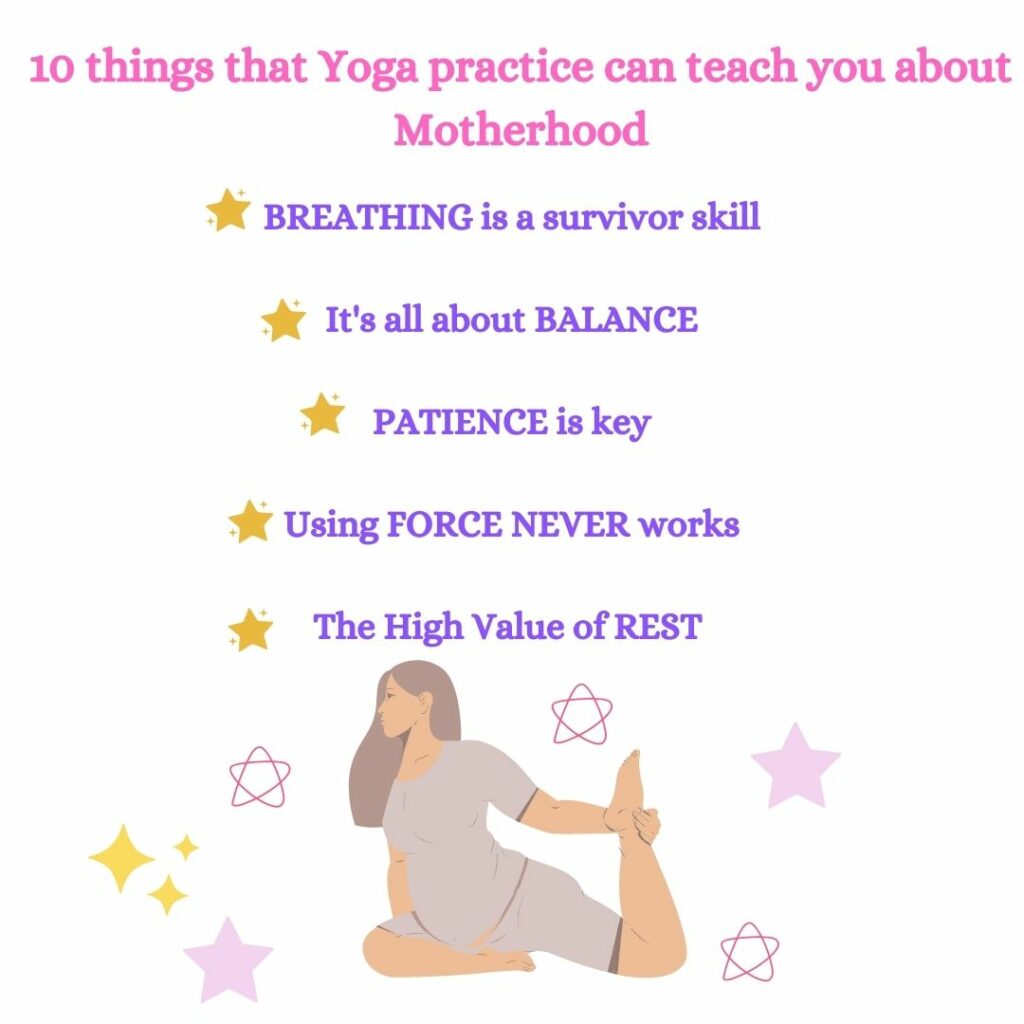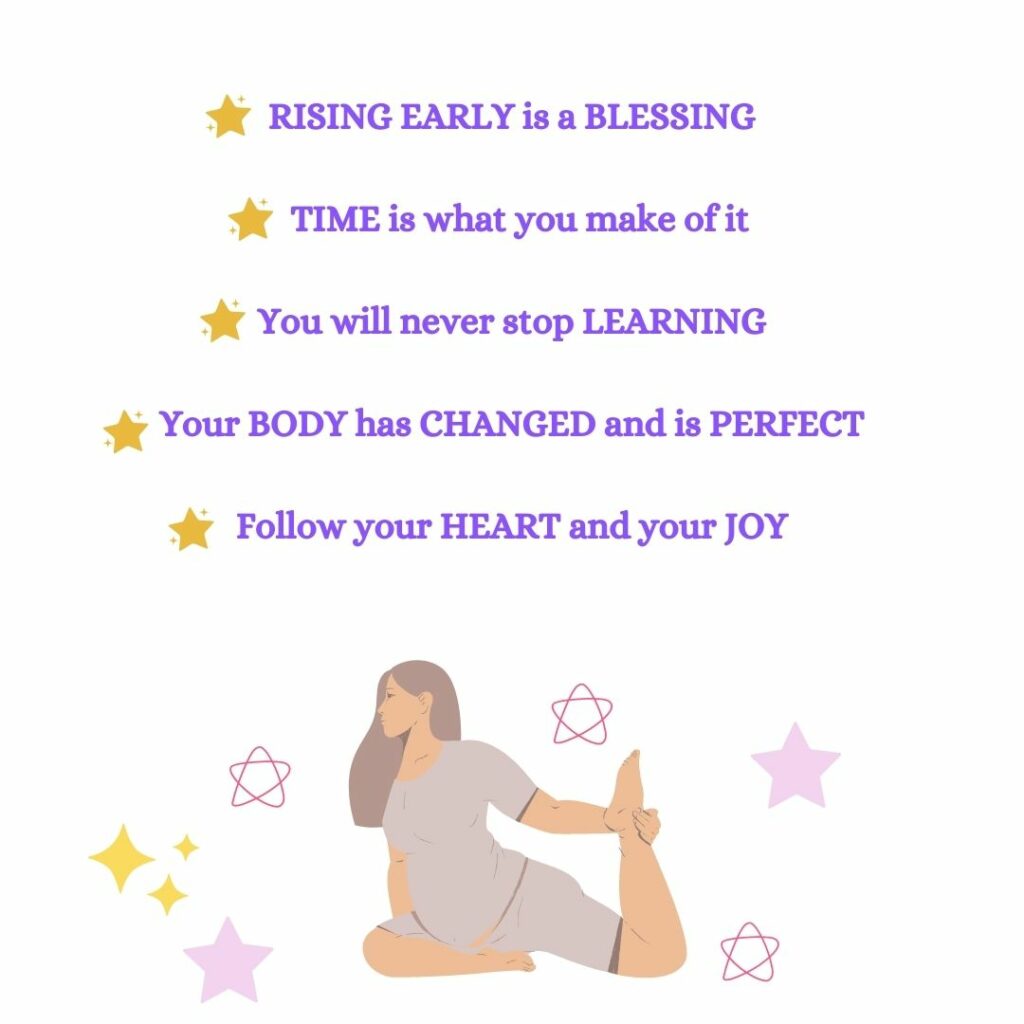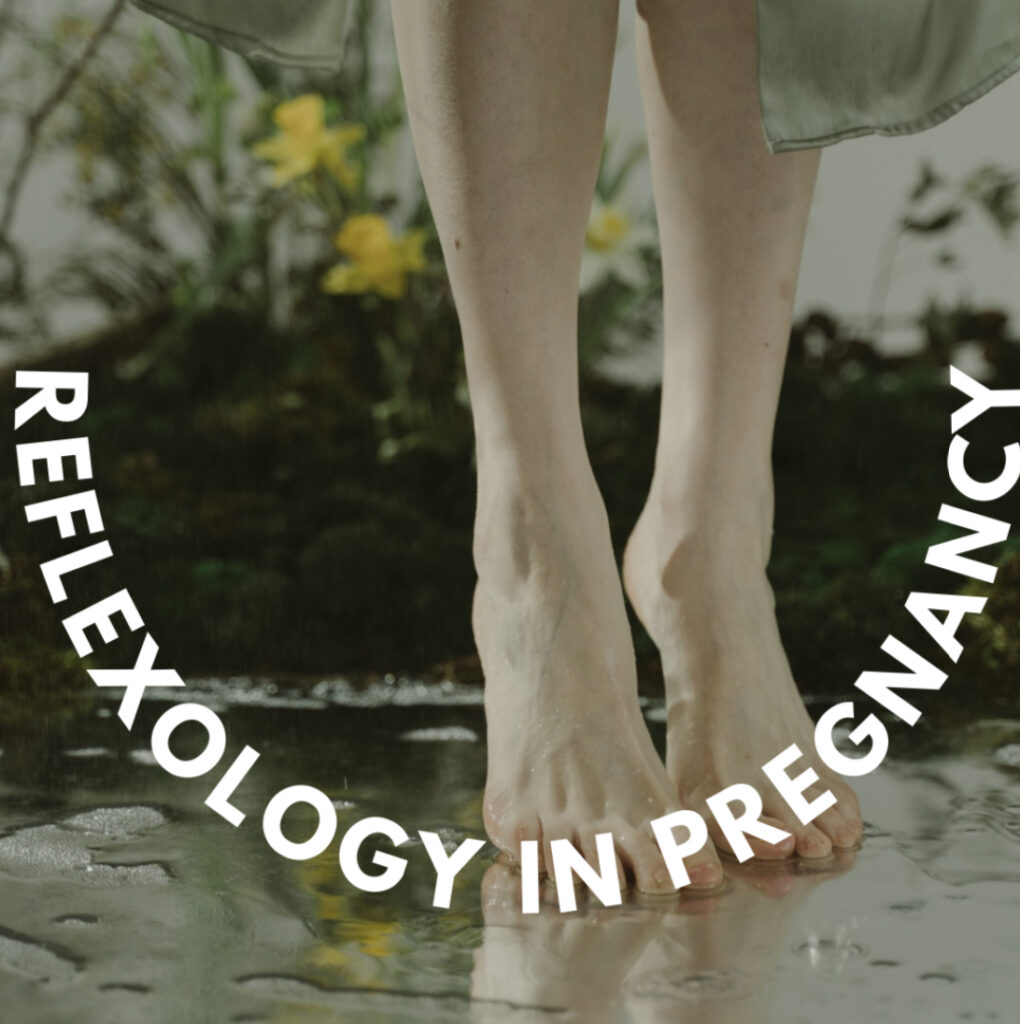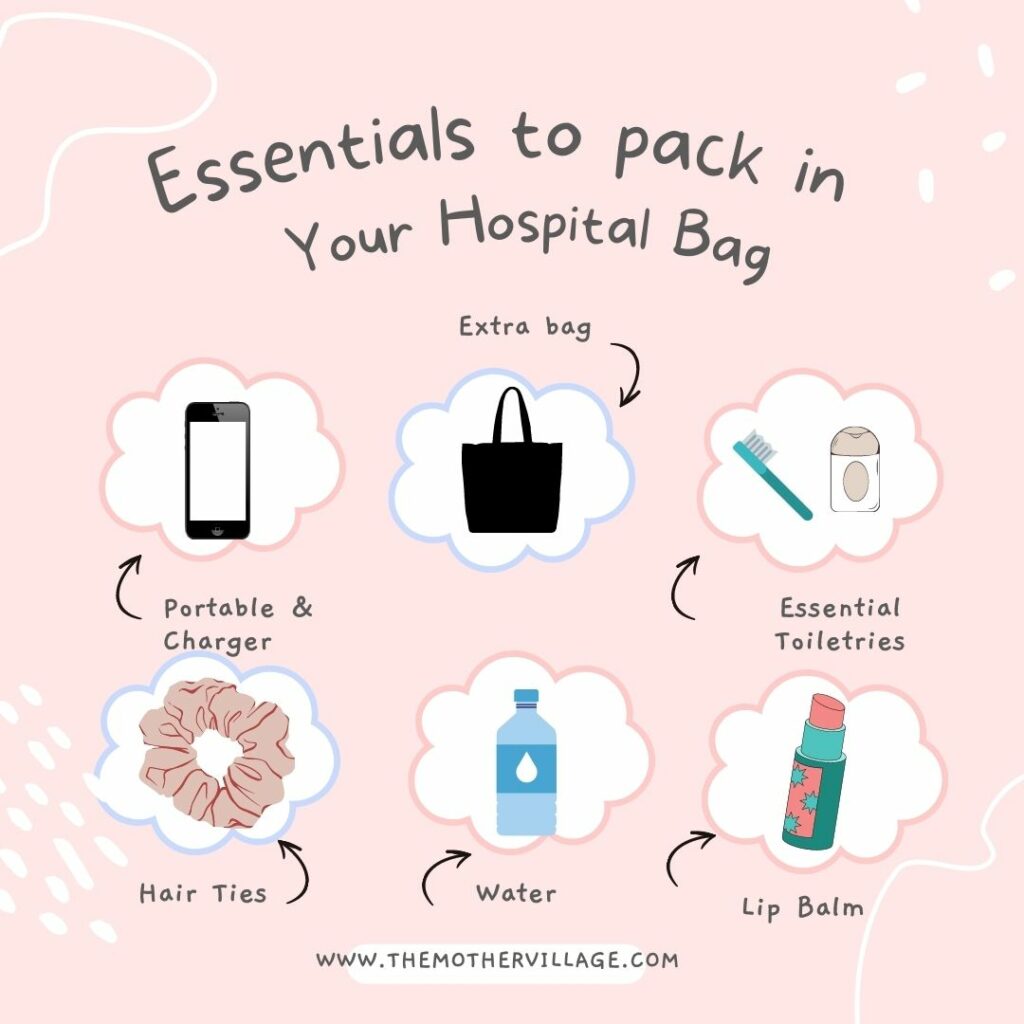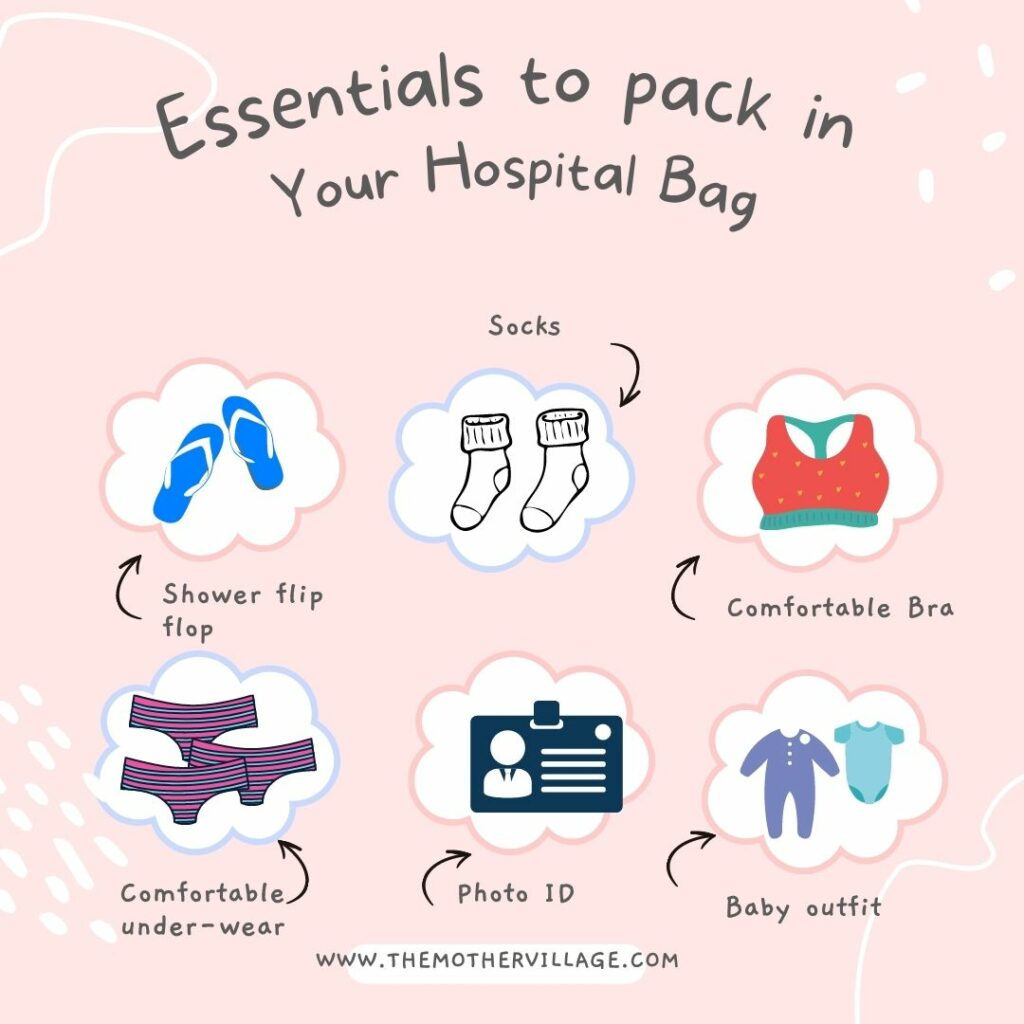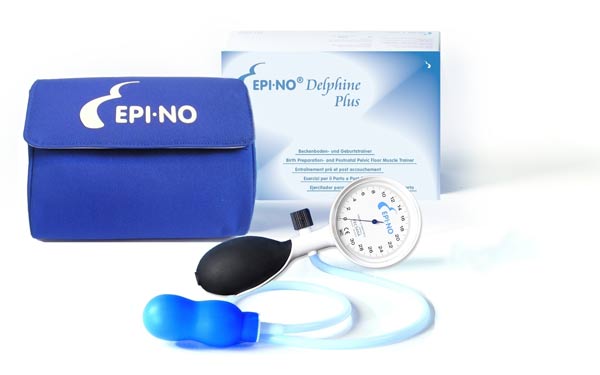I had no idea of what I was falling into with the birth of my first child, everything was so idealised and only centred around what should be an amazing perfect movie-like pregnancy and birth.
As I struggled in my first months as a new mother with high level of anxiety, feeling inadequate, lonely and finding taboos around what mothers can really talk about, I started to wonder:
What makes us women of the Y generation so little informed about what maternity and motherhood really is? What is the omerta around the maternity topic and how can we be better prepared for the tsunami that is motherhood?
There is a strong idealisation of the mother role and very little is shared between women about the real struggles of the maternity journey. There are endless books about how to take care of new-borns but very few about the wellbeing of mothers.
How can you take care of a child if the mother is not taking care of herself in the first place? It’s like when you are in a plane in a case of emergency, the parents have to wear the emergency face masks first before putting the face masks on their children, because if they don’t start by taking care of themselves the all family will perish.
I use mothers in this article but to a larger extent this topic relates to all parents from straight to gay couples.
There are lot of topics that need more discussion in our societies such as the total scam that is maternity leave, the challenges of breastfeeding, the multiple benign childhood diseases that will make difficult your first months back at work, the tornado that is a newborn in a couple relationship, the emotional rollercoaster that will face the new mother as well as the guilt she will face thinking she needs to be a perfect mother.
All these topics will be discussed in another article as we will focus here on why this pressure on mothers and how to be prepared for it so that you don’t feel like you planned a trek in the Himalaya wearing high heels !
Why this idealisation of the mother role?
In our western societies, women have less children and much later in their life, which puts more pressure on maternity and mothers to excel in this role.
A French sociologue, Gerard Neryand, also explained it as a social demographic change, we are having less children as child mortality has strongly decreased, and as a result raising children becomes an art, a symbol of accomplishment and social success.
Parenting becomes the end goal, the job of a lifetime, putting strong pressure on mothers and parents.
Children become also more sacralised than before and put at the centre of everything, putting mothers and parents in the background.
The interesting fact is that this omerta around the reality, challenges and struggles of maternity is a direct consequence of the decrease of natality in our societies.
The secret around maternity has to be so well-kept so that women continue to make children, but why not better inform women as our generation is looking for more transparence on sexuality, birth, maternity, childcare, postpartum and mental load..
Between mothers themselves there is also a generalised secret around those topics that are never discussed in the fear of being judged to fail at the mother role that society imposes on them.
How to be prepared ?
- Think of maternity as planning a marathon
Maternity is a journey that will last all your life and cannot be restricted to pregnancy and birth. The real challenges start after birth and very few women are prepared for that.
Before being pregnant and considering having children, it’s very important that couples start to think about the resources and services they will need when the baby will be here.
As mentioned before, it is simply unrealistic to imagine managing everything on your own, you will need help and to organise your life more than ever.
Some surveys highlight that in general working mothers will look after their children 2.1 times more everyday than working fathers and that mothers will more frequently give up their hobbies after birth than the fathers.
The discussion around the help you will need as new parents is crucial and you will have to think about involving people around you outside your family to have the extra support you will need.
- It Takes a Village to raise a child
As the saying goes “it takes a village to raise a child“, our western cultures have completely forgotten that raising a child takes extra hands.
Putting pressure on only the parents and in general the mother to raise a child is dangerous and is often judged by society if the mother is struggling and calling for help.
Nowadays, the family bubbles are very restraint, when in the past young parents often had the help of the grand-parents, uncles and aunts.
And more generally the community aspect of our modern life has disappeared.
Isn’t it time to bring communities back in our lives with the goal of connecting young parents to help each other?
Asking for help is essential in your motherhood journey and asking for help long before you are on the verge of collapsing, as very often women only ask for help when they have exhausted all over options which can be too late.
- Encourage discussion around postpartum
There is a strong disconnect on how our societies look at pregnant women versus new mothers.
Pregnant women are more than ever idealised and placed on a pedestal, as their body is enhanced and glorified being photographed, shown and exposed, while the postpartum body generally stays hidden and secret.
Why so much secret around postpartum? Why more mothers feel ashamed of their body after birth feeling they are not desirable anymore, that they are now restricted only to their mother role?
Personally, I feel more beautiful after my two pregnancies than before, obviously my body has changed but I love it and really embrace it as I see all its powers.
I see my body as truly amazing, as it created two perfectly healthy babies, delivered them naturally and fed them in their first months of life.
Regardless of what your birth experience has been, mothers should embrace their new bodies for what it has done rather than feeling ashamed of it.
This doesn’t mean hiding the discussions around recovery, scars, extra weight, pain but actually talking about all these topics as it enhances the incredible experience your body has been through.
- Create your essential Mother only list
It’s high time we switch the mindset from the baby list to the mother (parents/family) list.
Forget the very materialistic, non-sustainable, mostly useless baby list and invest into a practical, sustainable and useful essential mummy list.
Babies in their first months really don’t need much and what a new family needs is all the help, services and resources possible to be happy parents to raise a happy child.
Think about the services you will need after your baby is born, this could be for your wellbeing such as pelvic floor rehabilitation sessions, massage, acupuncture, reflexology, postnatal yoga or swimming session but also more practical services for your family such as cleaning, baby sitting services, food delivery, flower delivery or traiteur “a domicile”.
As a new mum, you will also need essential products to take care of yourself and these will be much more important than receiving cashmere booties for your newborn in summer ! This could be recovery pants, effective cream for C-section scar, breastfeeding tops, new mum outfits.
Think about creating this essential mum list to share with your loved ones as your own needs are so important for the wellbeing of your new family.
We hope this post will encourage the discussion around mothers and their place in societies but more importantly will free you from guilt as there are no perfect mother roles and the only choices that matter are the ones that make you and your family happy !
